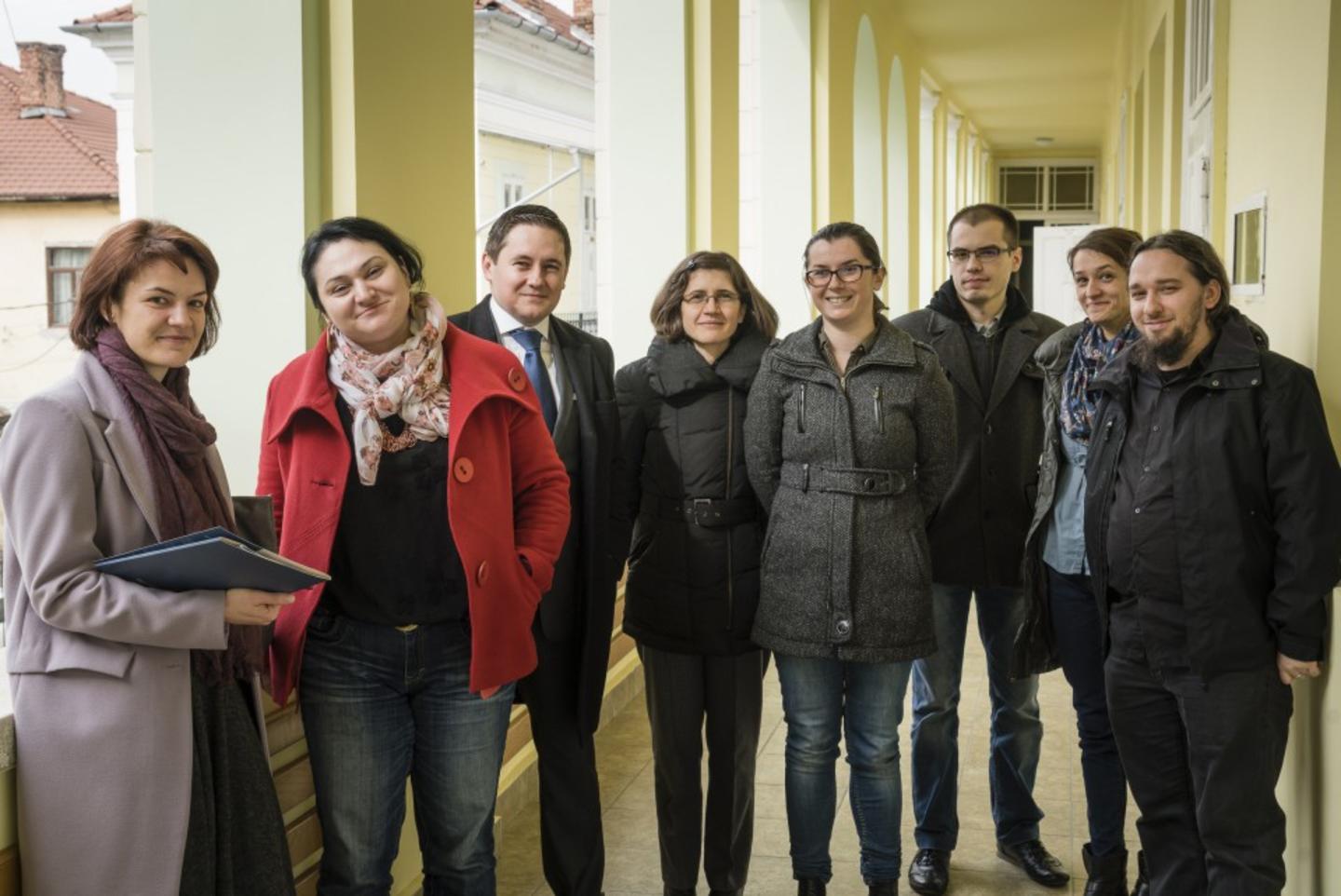The history of the Roma in Romania is a rich one. As it has traditionally been passed on verbally from a person to person, little has been done to systematically record their stories in writing. This limits the information available to the public about the past shared by the Roma and non-Roma which can contribute to misconceptions and stereotypes. With support from Iceland, Liechtenstein and Norway, Researchers at the Babes-Bolyai University in Cluj-Napoca and the University of Iceland are documenting the oral histories or the Roma in Romania. By doing so they aim to increase public knowledge about the past and tackle prejudice:
“At the start of the project we issued a press-release about what we are doing. Many of the comments we received online to that press-release could be categorised as hate speech. This made it very clear to us that there is a definite need for a project like this,” explains Dr Lavinia Snejana Stan, researcher at the Babes-Bolyai University and the leader of the project ‘The Untold Story: An Oral History of the Roma People in Romania’.
Recalling the past
To conduct the interviews, the team has visited villages in the countryside equipped with a tape recorder and a camera. The team has now interviewed around 550 persons about the past, including both everyday life and historical events, such as the deportation of Roma to Transnistria and the role of Roma in the Romanian army during the Second World War.
“The way they remember the past is not different from the rest of Romania – they share the past with the non-Roma,” explains Dr Stan while adding that the stories nonetheless have their particularities that shed light on the life of Roma during certain periods, such as during the communist regime. Decree 153 issued in 1970 is one example of events that had a major impact on the lives of Roma:
“According to the Decree, everyone in Romania should have a working place. This meant those who did traditional work, many of whom were Roma, had to get approval from the authorities to sell their crafts,” explains Dr Stan. However, the authorities used to deal with these request in a very arbitrary way, making it difficult for people to make a living:
“One Roma told us of how he went to Bucharest to sell his crafts with an authorisation, only to have it revoked by the police and be jailed.”
Building knowledge
The knowledge gathered through the project is not only useful for increasing understanding of the past. It also gives insight into modern Roma communities which can be useful for policy making processes. “It’s essential to find what’s considered important by the communities themselves,” Dr Stan explains, “this, for example, includes the importance of music and musical education.”
Romanian-Icelandic partnership
The University of Iceland is a project partner. Together, the two universities bring different skills to the table, with the Romanian specialising in the interviewing process and the Icelanders bringing the theoretical perspective.
The team aims to continue working with the materials gathered and make them accessible for the public: “We want to create a virtual museum in Romani, Romanian and English, build a database with the testimonies and develop educational materials,” says Dr Stan.
Read more about the Romanian ‘Research Cooperation’ programme
